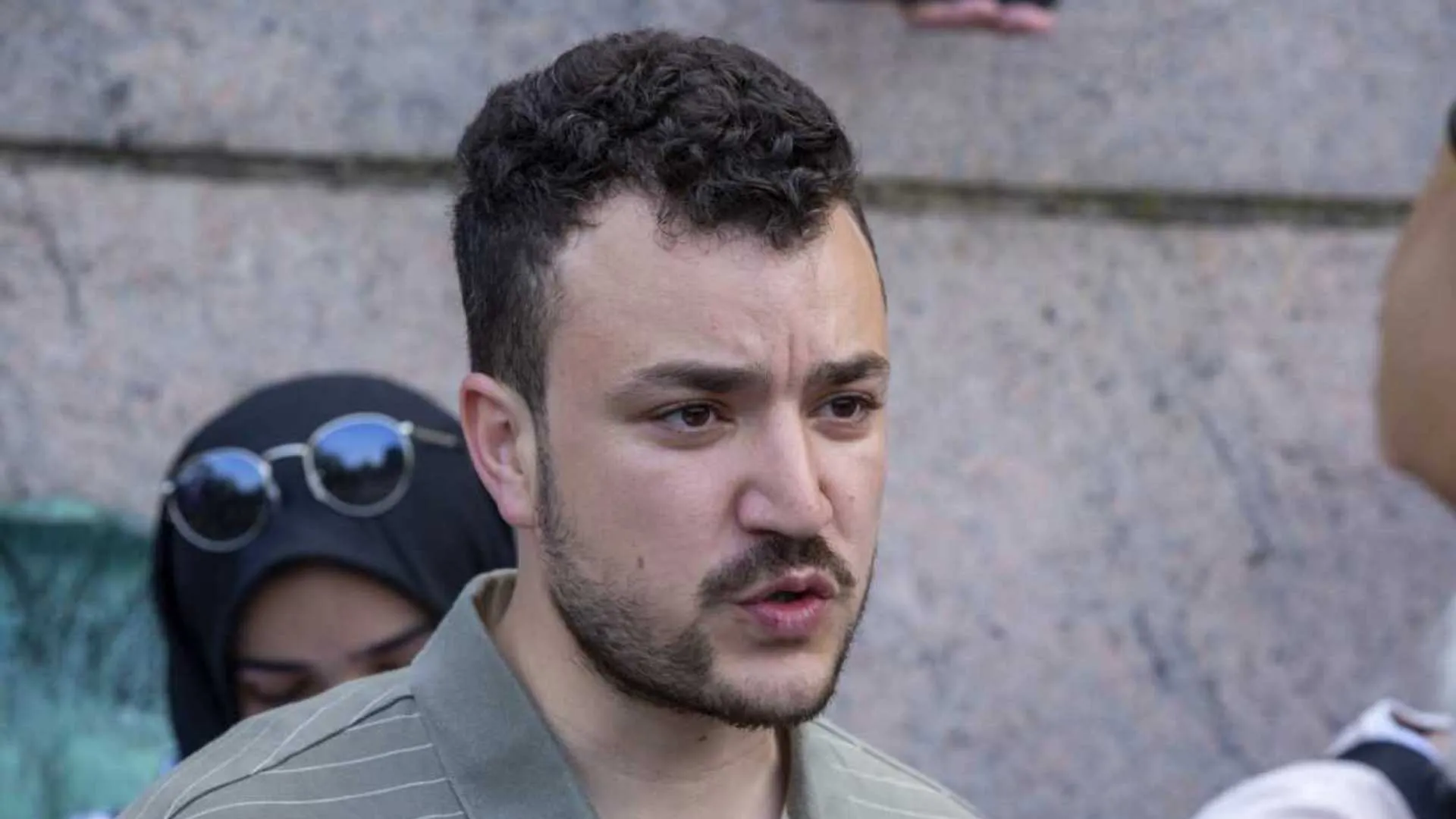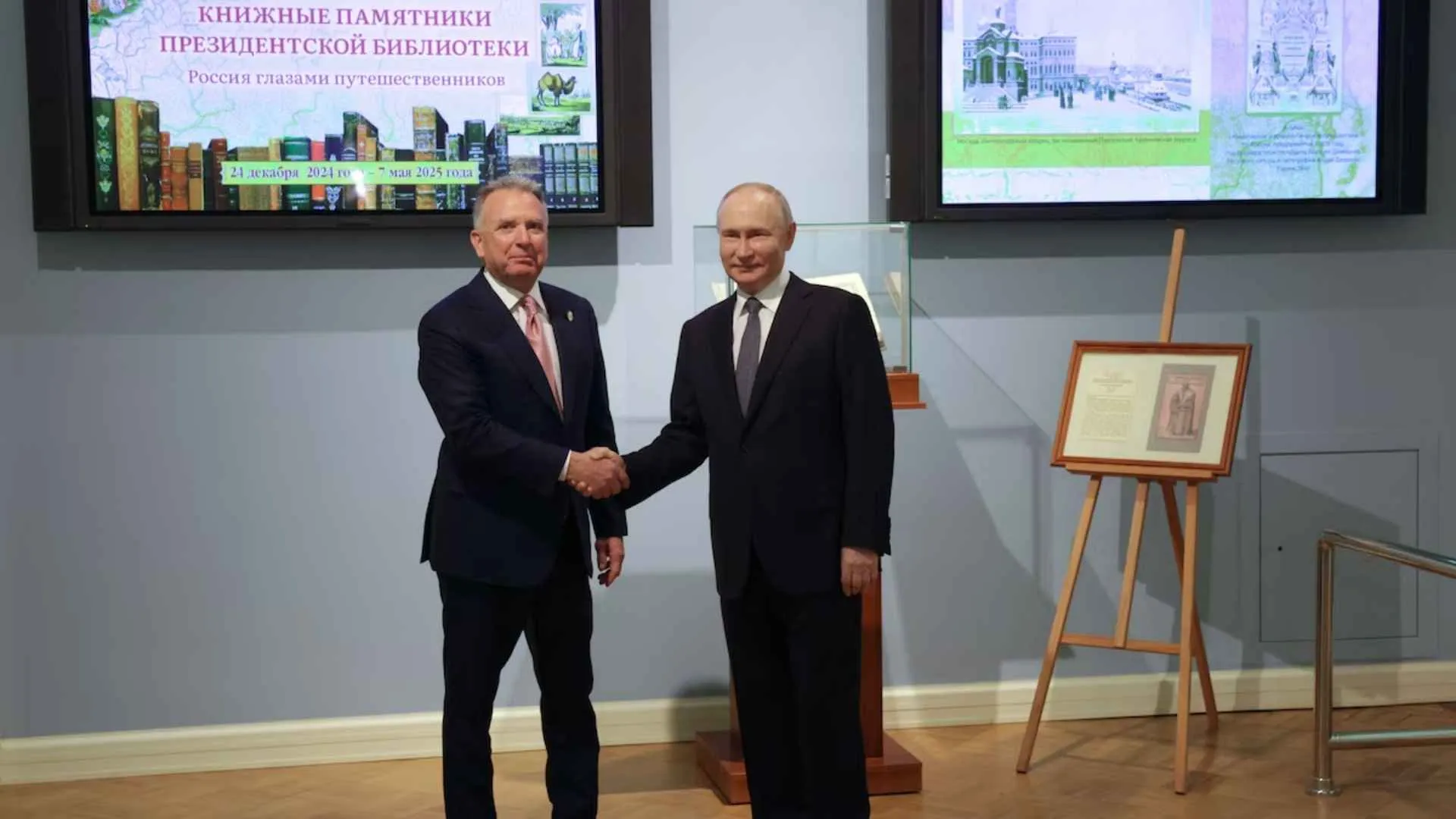In the Excise Policy case, Delhi’s Rouse Avenue Court has extended Delhi Chief Minister Arvind Kejriwal’s judicial custody in the CBI case until August 27, 2024. Special Judge Kaveri Baweja, while setting the next hearing for August 27, noted that the court would also review the ED’s supplementary chargesheet filed against Kejriwal and others on that day.
Senior Advocate DP Singh represented the Central Bureau of Investigation (CBI) in the matter. Last week, the Supreme Court issued a notice to the CBI regarding pleas from Chief Minister Arvind Kejriwal seeking bail and challenging the Delhi High Court’s decision upholding his arrest in connection with the alleged excise policy scam.
A bench of Justices Surya Kant and Ujjal Bhuyan sought a response from the CBI by August 23 and denied interim bail to Kejriwal. When Senior Advocate Abhishek Manu Singhvi, representing Kejriwal, requested interim bail on health grounds, the bench responded, “We are not granting any interim bail. We issue notice.”
Singhvi argued that Kejriwal had received interim bail on three occasions in the money laundering case despite the stringent conditions of Section 45 of the Prevention of Money Laundering Act (PMLA). He questioned why Kejriwal should be denied regular bail in the CBI case, given that the Prevention of Corruption Act does not have similar stringent conditions. Singhvi characterized Kejriwal’s arrest by the CBI as an “insurance arrest.”
MUST READ: Himachal CM Commemorates Rajiv Gandhi On His Birth Anniversary
The Supreme Court was considering Kejriwal’s plea against his arrest and a separate plea seeking bail in the case. On August 5, the Delhi High Court upheld Kejriwal’s arrest as “legal.” It dismissed his plea challenging the arrest, stating that the CBI had proceeded with further investigation only after gathering sufficient evidence and obtaining sanction in April 2024.
The High Court noted that there was no malice in the CBI’s actions, which demonstrated how Kejriwal could influence witnesses who only came forward after his arrest. The court emphasized that Kejriwal is not an ordinary citizen but a distinguished Magsaysay Award recipient and the convenor of the Aam Aadmi Party (AAP). The court highlighted that Kejriwal’s influence on witnesses was evident from their willingness to testify only after his arrest.
Kejriwal was arrested by the Enforcement Directorate (ED) on March 21, 2024, in connection with a money laundering probe related to alleged irregularities in the now-canceled Delhi excise policy 2021-22. He was subsequently arrested by the CBI on June 26, 2024, while in ED custody.
(WITH INPUTS FROM ANI)
ALSO READ: Union Minister Writes To UPSC Chairman To Revoke Lateral Entry Advertisement























